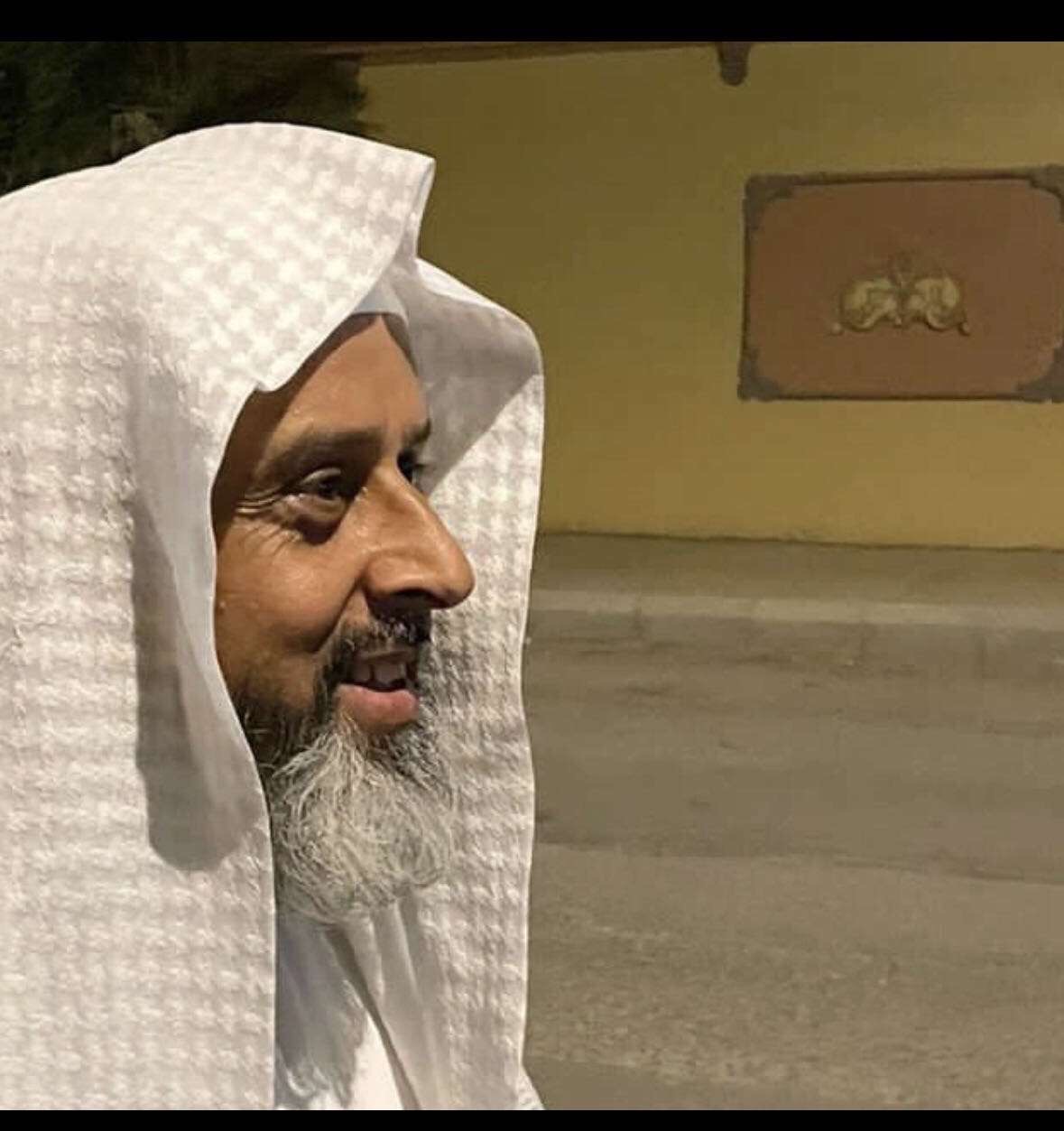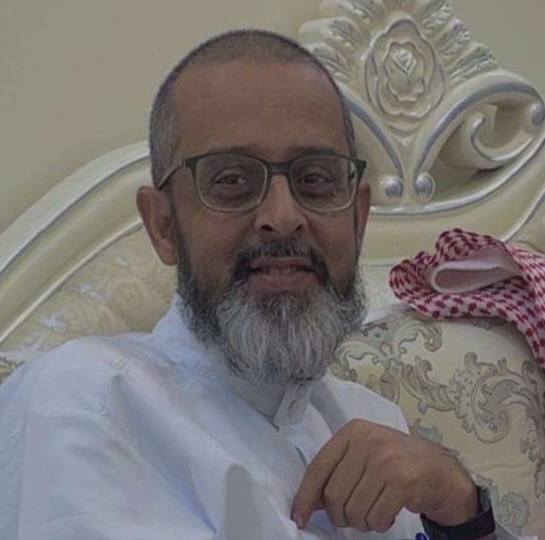On July 09, the Specialized Criminal Court sentenced 54-year-old retired teacher Mohammad bin Nasser al-Ghamdi to death for his peaceful online activity on Twitter and YouTube. The charge sheet cited several tweets based on which Mohammad bin Nasser al-Ghamdi was convicted, including posts in which he criticized the Saudi King and Crown Prince and Saudi’s foreign policy, called for the release of detained religious clerics, and protested increased prices.
The death sentence against Mohammad bin Nasser al-Ghamdi, who has a total of just 10 followers on both of his anonymous Twitter accounts is a marked escalation in the kingdom’s crackdown on any form of dissent. Amnesty International calls on Saudi authorities to quash Mohammad bin Nasser al-Ghamdi’s conviction and release him immediately and unconditionally.
Here’s what you can do:
Write to the Minister of Justice urging him to:
- Ensure that Mohammad bin Nasser al-Ghamdi is released immediately and unconditionally, and that his conviction and sentence are quashed.
- Pending his release, guarantee that he is given access to the adequate medical care he requires.
Write to:
Waleed Mohammed Al Smani
Minister of Justice
Riyadh, Saudi Arabia
Postal Code 11472
P. O. Box 7775
Email: minister-office@moj.gov.sa
Salutation: Your Excellency,
And copy:
Mr. Abdulaziz Mohammed H. ALBADI
Chargé d’affaires
Royal Embassy of Saudi Arabia
201 Sussex Drive
Ottawa, ON K1N 1K6
Tel: (613) 237-4100 Fax: (613) 237-0567
Email: caemb@mofa.gov.sa
Background
Mohammad bin Nasser Al-Ghamdi’s brother, Dr Saeed bin Nasser al-Ghamdi, is an Islamic scholar and government critic living in self-imposed exile in the United Kingdom. He told Amnesty International that he believes that his brother’s death sentence was a reprisal for his activism.
Over the past two years, Amnesty International has documented an escalating crackdown in Saudi Arabia against individuals using social media and the internet to voice their opinions, which the death sentence against Mohammad bin Nasser al-Ghamdi also shows. He has just a total of 10 followers on both of his anonymous Twitter accounts.
According to his brother, Mohammad bin Nasser al-Ghamdi was arrested on June 11, 2022 by State Security forces as he sat with his wife and children in front of their house in al-Nawwariyyah neighborhood in the city of Mecca. He was kept in solitary confinement in Dhahban prison near the city of Jeddah for four months, during which he was not allowed to contact his family or access a lawyer. Mohammad bin Nasser al-Ghamdi was allowed to contact his family only when he was moved to al-Ha’ir prison in Riyadh, about four months after he was arrested.

Increased executions
The Specialized Criminal Court has used vague provisions under the anti-cybercrime and counterterrorism laws which equate peaceful expression and online activity with “terrorism” to prosecute these individuals.
Saudi Arabia is one of the world’s top executioners. In 2022, the kingdom executed 196 people, the highest annual number of executions that Amnesty International has recorded in the country in the last 30 years. This number is three times higher than the number of executions carried out in 2021 and at least seven times higher than 2020. According to Amnesty International’s documentation, Saudi Arabia has executed at least 94 people so far this year.
Amnesty International opposes the death penalty in all cases without exception, regardless of the nature or circumstances of the crime; guilt, innocence or other characteristics of the individual; or the method used by the state to carry out the execution. As of today, 112 countries have abolished the death penalty for all crimes and more than two thirds in total are abolitionist in law or practice.
























